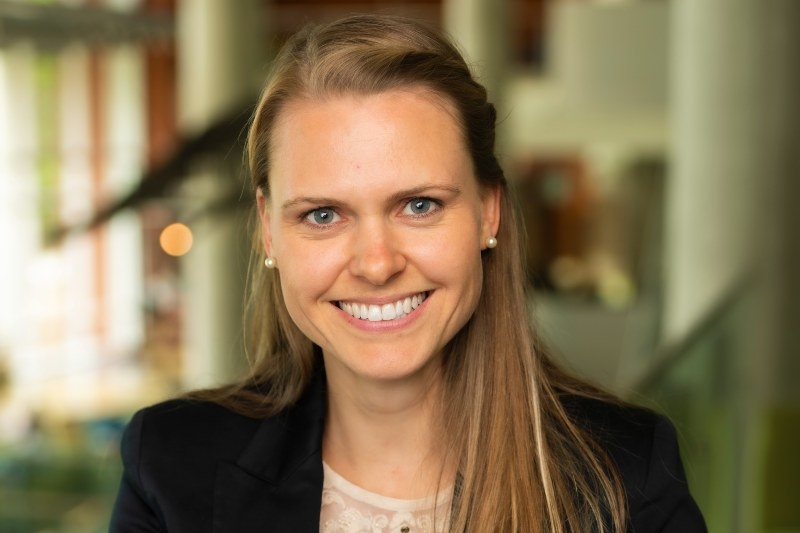Celebrating Staff: Meet Janine Wedemeier
13 September 2021
Every year, the Student Internship Program (SIP) gives students the opportunity to supplement their in-class studies with work-integrated learning experiences.
Over the course of their undergraduate degrees, SIP students are given the chance to integrate paid work experience for 4, 8, 12 or 16 months into their studies. This experiential learning helps prepare students for careers in research, industry, and more by providing opportunities to bolster both their hands-on skills and their resumes.
Over the past 18 months, for students engaged in work-integrated learning through SIP, the challenges of the first work placement of their scientific careers were accentuated by COVID-19—and none of those students felt them more than those in the medical field. New psychology graduate Reihaneh Abtahi (’21 BSc) was one such student that faced those challenges head on.
The incredible SIP program—and the opportunities for students that it creates—would not be possible without the staff behind it, including Janine Wedemeier, work experience coordinator. Hear from Janine on helping students discover their passion—and unexpected career pathways—in the Student Internship Program.
Tell us about your role.
Together with my colleague Nadine Gerhardt, we run the Science Internship Program (SIP). This means I support undergraduate students in all phases of their paid internship journeys. That doesn't just include preparing them for the job, helping them with their resumes and cover letters—but also making sure we have a wide variety of job opportunities for our students and a program that is attractive for them and for employers.
What do you love about your field?
The direct interaction with our students is certainly the most rewarding part of this job, as I have the chance to impact their lives, and literally their futures, in many ways. From my own experience, I know how much energy goes into the preparation of internships: scanning possibilities and deciding on the best-fitting options; getting accepted; planning the stay at the company, sometimes in a different geographical location (maybe even in a foreign country); the adaptation to the new place, people, work environment, and then the return back to us. It's fantastic to be part of this entire experience and support students throughout it, especially knowing that this is something many students come to appreciate even more after completing their internship or their degree.
What should students who are interested in this topic know?
Gaining work experience during an undergraduate degree is very valuable and helps you to figure out what you like and dislike. In fact, the more diverse practical experience the better, as this will also help students to discover their own transferable skills and personality in a work environment, their strengths and weaknesses—and most importantly, to build a network. Even though the company or type of work a student works at during an internship may not be exactly what they envision for the future, it is a first 'reality-check' that is worth having experienced and in many cases a first step in the door of a company. Because in the end, as much as students learn here in the classrooms, there are a few skills and experiences that can only be discovered when on the job.
Tell me about your passion for teaching. What inspires you?
Working so closely with young and motivated students and being able to support them in their professional (and, indirectly, also in their personal) growth journeys is equally an inspiration for me. I enjoy seeing students discover different career pathways that they were not aware of before joining the program.
What is one thing that people would be surprised to know about you?
Good question. I’m very addicted to M&M’s—but only the peanut ones.
Favourite thing about working at the Faculty of Science?
I really enjoy working with the Faculty of Science team and the location of our office. Having the Quad just outside the building allows for great walks during lunch hours and there is always something going on and happening around us.
Curious to learn more? Find more information on teaching and learning in the University of Alberta’s Faculty of Science.
